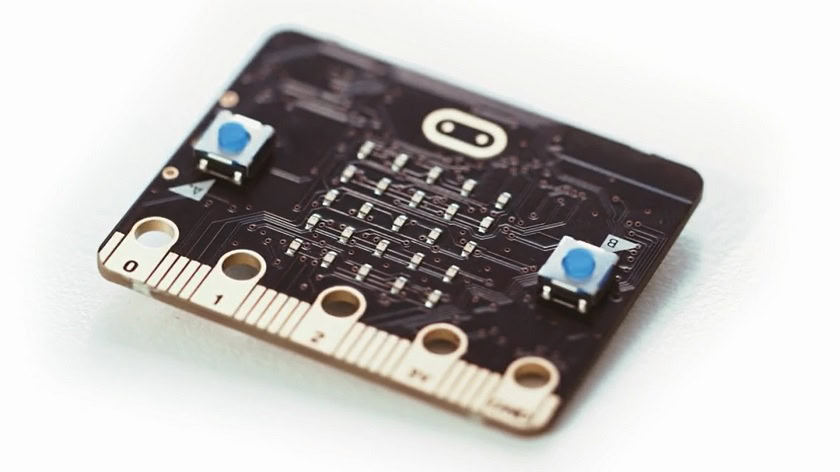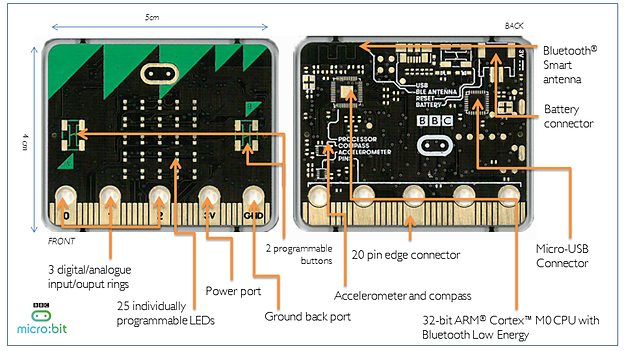Affiliate links on Android Authority may earn us a commission. Learn more.
BBC to give free micro:bit computer to every 11-12 year old in the UK

Projects like Arduino and the hugely popular Raspberry Pi have helped thousands take their first steps into programming and the subject continues to become more accessible. The BBC has unveiled the new BBC micro:bit, a pocket-sized computer which will be given away for free to every child in year 7 across the UK.
The tiny computer is designed to help school children learn the basics of programming and hardware design. It comes with 25 LEDs, an on-board accelerometer and magnetometer. There’s also Bluetooth connectivity, five I/O pins and a USB port. The BBC will be launching a website later in the summer which will give students the information and tutorials they need to begin programming their little computer.
The BBC micro:bit is the spiritual successor to the 1981 BBC Micro and has been developed in collaboration with 29 partners, including a few names that you’re sure to recognise from the mobile industry.

The computer is built around a small ARM Cortex-M0 CPU, which makes the computer a fair bit faster, cheaper and less power consuming than its spiritual predecessor. The BBC micro:bit is also based on ARM’s mbed software and hardware development tools, which are already powering a range of embedded development boards.
Samsung is also involved in the project, having developed the tools to enable the micro:bit to communicate with smartphones and tablets. So designers could use the micro:bit to remotely control their phone’s camera. Samsung is also building an application that will support the micro:bit’s coding environment on mobile devices.
The BBC micro:bit will be shipped out to around 1 million 11-12 year olds this October. The project will also be open-sourced and the BBC will launch a not-for-profit organization to develop a commercially available unit at some point. So we’ll all be able to join in the programming fun.